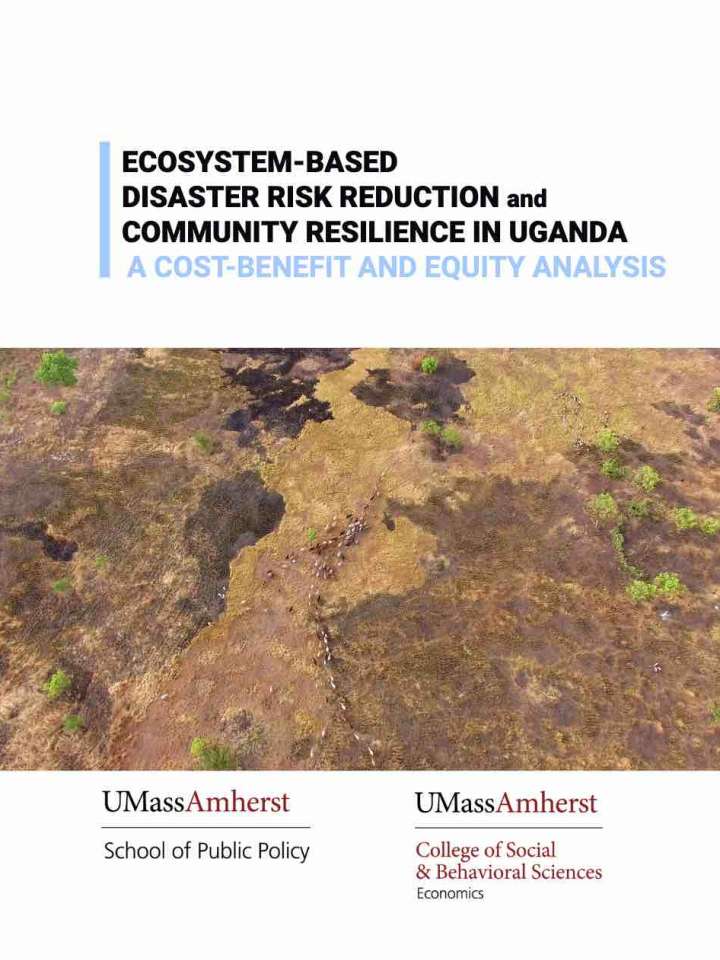Ecosystem-based disaster risk reduction and community resilience in Uganda: a cost-benefit and equity analysis
This study evaluates the economic efficiency of the Uganda project using a Cost-Benefit Analysis to compare implementation costs with observed and future benefits. It also performs an equity assessment, examining the distribution of benefits among the people affected by the intervention with a particular focus on women, children and vulnerable socio-economic groups. Although there is some evidence that strengthening ecosystem services is a cost-efficient approach to address certain natural hazards, more research is needed to assess the economic efficiency and equity of Eco-DRR activities in strengthening community resilience. The aim of this study is to contribute to this growing literature.
Eco-DRR and resilience enhancement activities in Uganda focus on flood risk mitigation and include a portfolio of interventions: community-based restoration of local forests; wetland ecosystem restoration and sustainable riverine ecosystems management in the Aswa River Catchment area of Northern Uganda; improved water infrastructure and sustainable water resource management practices to promote water security; education of local residents to support ecosystem-restoration practices (e.g. farmer-managed natural tree regeneration practices) and sustainable livelihood activities (e.g., apiculture, climate smart agriculture); and direct support to and expansion of sustainable livelihood development (e.g., tree nursery management, apiculture, sustainable grazing practices, climate smart agriculture). The project target is to make more than 150,000 people resilient to natural hazards and climate change, directly train 125 community-based organizations, and restore and protect 40,000 hectares of ecosystems.
Explore further
